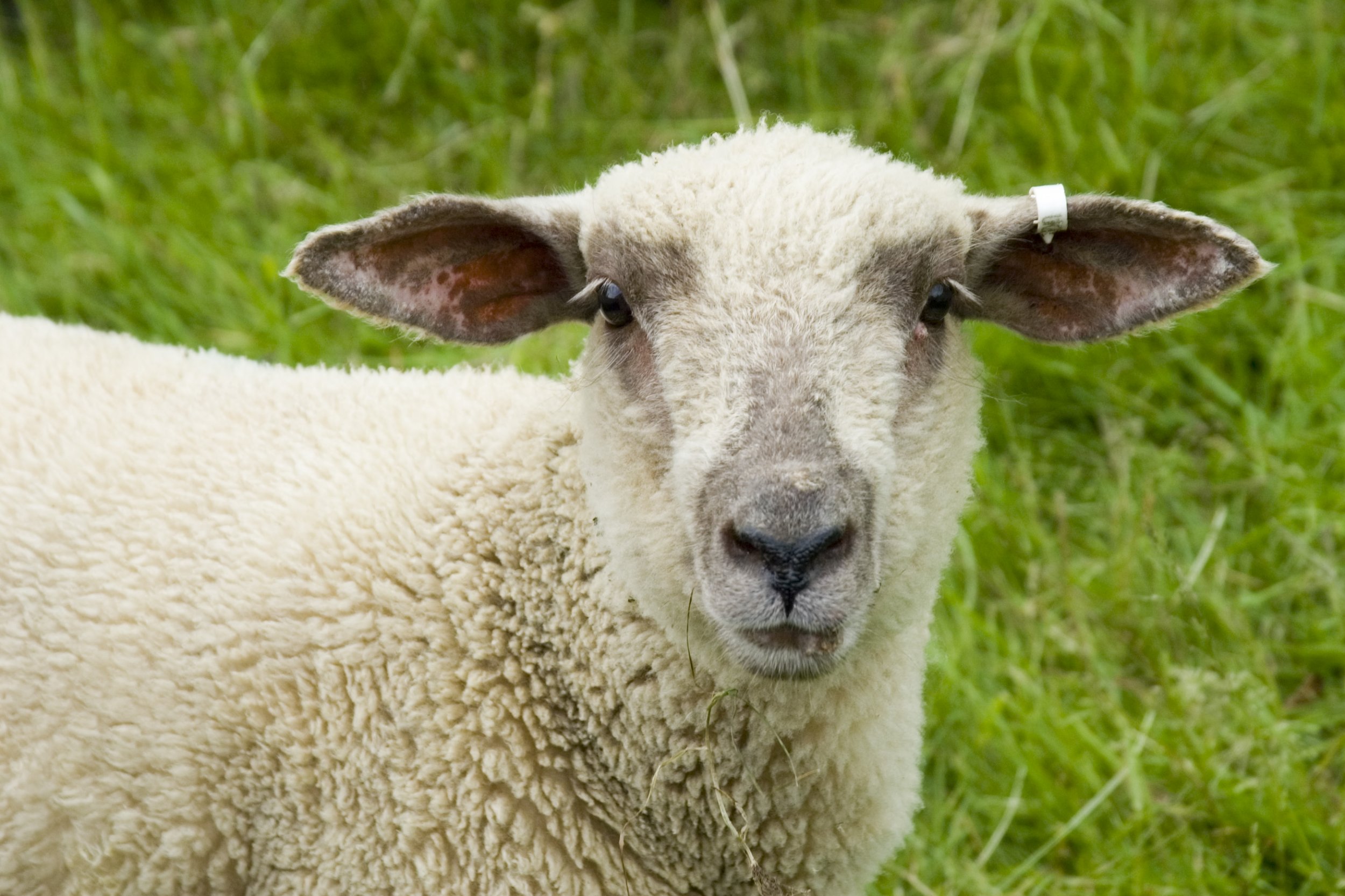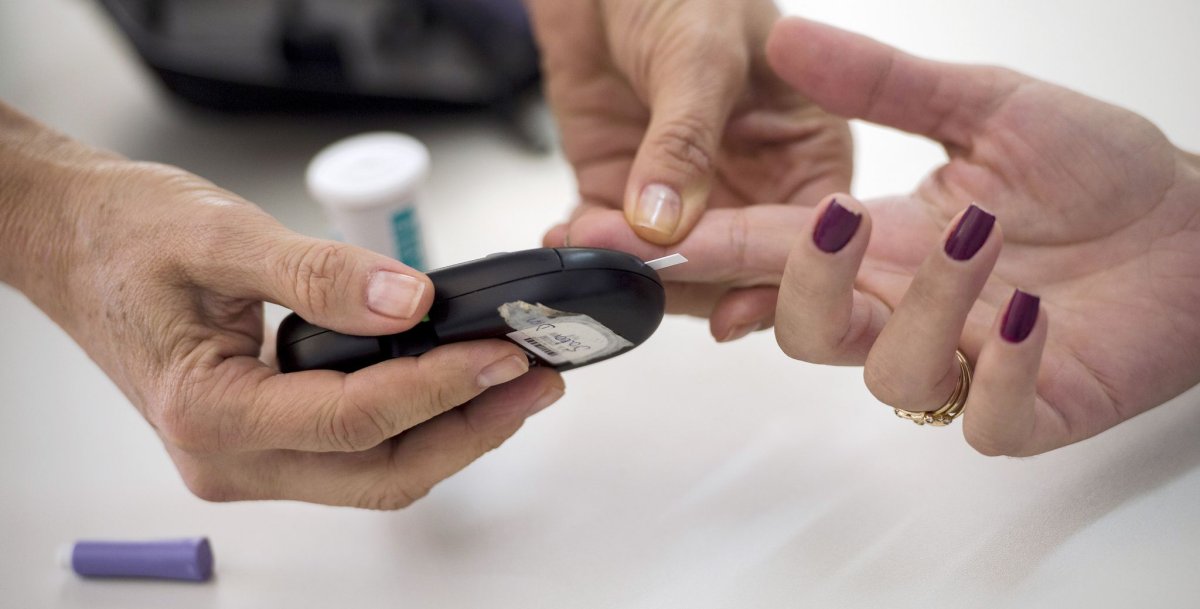
Scientists have created human-sheep hybrids in a step toward human organ production in animals.
The approach could one day supply organs for transplantation in humans and even offer a cure for Type 1 diabetes.
Researchers Hiro Nakauchi from Stanford University and Pablo Ross from the University of California spoke at the annual American Association for the Advancement of Science (AAAS) meeting in Austin, Texas, on Sunday.
Approximately 115,000 people need a lifesaving organ transplant in the U.S, and every 10 minutes a new patient is added to the national waiting list.
The demand for organs far outstrips supply in the U.S., as 20 people die every day waiting for a transplant.
Animal-grown human organs could offer a sustainable alternative.
The scientists introduced adult human stem cells into early-stage sheep embryos. The team returned them to the sheep, where they grew for three more weeks.
At present, about one in every 10,000 cells in the sheep embryos is human. For the approach to work, Ross said, the embryos would need about 1 percent of the cells to be human.
A Cure for Diabetes?
Scientists believe their strategy could lead to a cure for some diabetes patients.
Type 1 diabetics fail to produce enough insulin to regulate blood sugar levels. Insulin is normally secreted by certain pancreatic islet cells.
Human islet cell transplants are used as an experimental treatment but have had limited long-term success. One of the barriers is rejection.
In theory, scientists could use a recipient's own cells to tailor-make organs that are compatible with their bodies. This could reduce the chance of immune system rejection, researchers hope.

The team has previously grown a mouse pancreas in a rat genetically engineered to develop without the organ. This left only the mouse cells with the ability to develop into a pancreas in the rat. Scientists were able to harvest pancreatic cells for transplantation into diabetic mice.
"We have already generated a mouse pancreas in rats and then transplanted those in to diabetic mouse and were able to show almost a complete cure without any immunosuppressants," Nakauchi explained.
The next step will be to size up and try this approach with human organs. Scientists are modifying sheep to develop without a pancreas, to see if human DNA will fill the gap.
Rejection Concerns Remain
Robin Lovell-Badge of the Francis Crick Institute in London, however, voiced concerns about the strategy.
"Even if they succeed in replacing all pancreatic cell types in the sheep with human cells, the blood vessels within the pancreas will be sheep-derived," he said.
"The organs could not be used for transplants into humans without triggering the immune system to reject them—and this would probably be a very fast rejection."
At present the team is only allowed to develop their embryos for up to 28 days at a time. An extension up to 70 days, the scientists said, might produce more convincing results. Human-sheep hybrids, Nakauchi said, are more difficult to produce than the successful rat-mice embryos.
He has high hopes for the eventual success of these chimeras, adding: "It could take five years or it could take 10 years, but I think eventually we will be able to do this."
Uncommon Knowledge
Newsweek is committed to challenging conventional wisdom and finding connections in the search for common ground.
Newsweek is committed to challenging conventional wisdom and finding connections in the search for common ground.
About the writer
Katherine Hignett is a reporter based in London. She currently covers current affairs, health and science. Prior to joining Newsweek ... Read more
To read how Newsweek uses AI as a newsroom tool, Click here.








